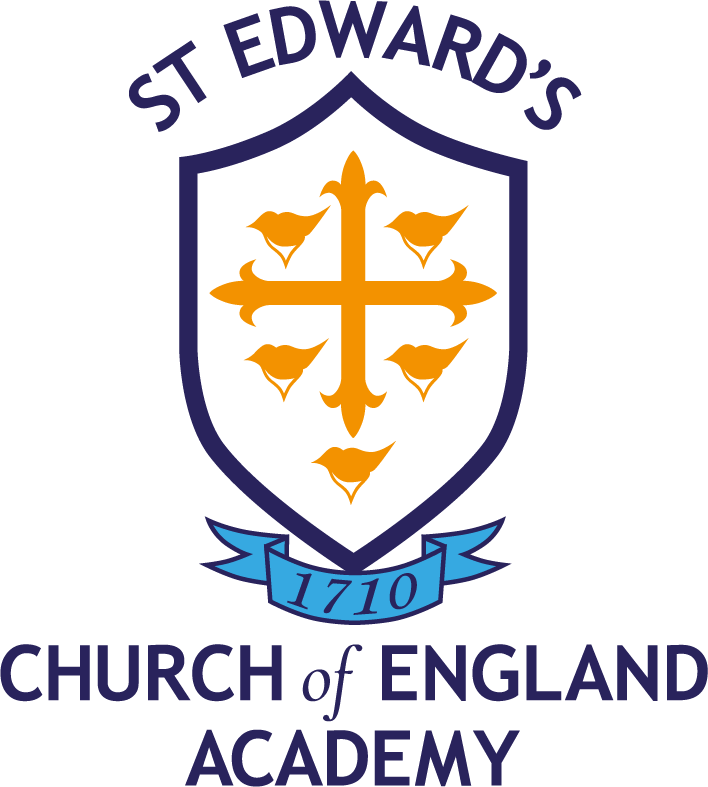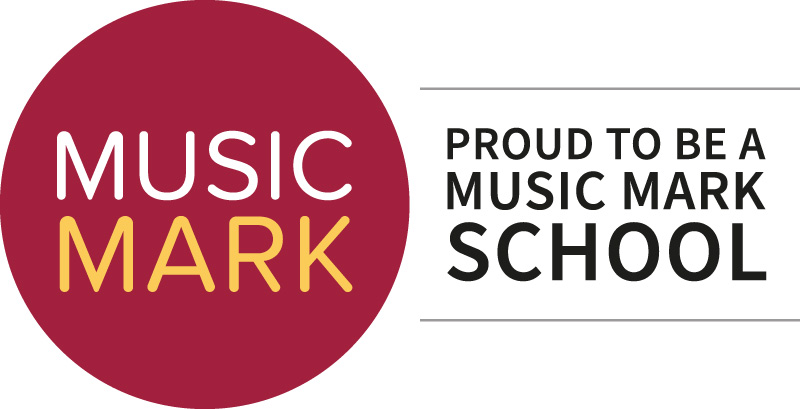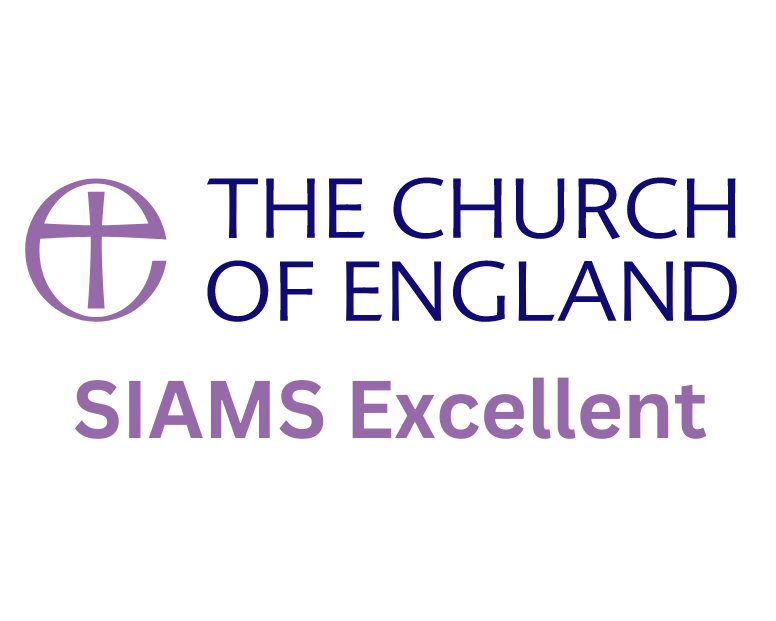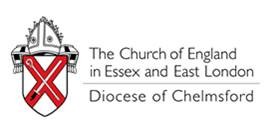What are vocational qualifications?
Vocational courses are designed to help you learn in a practical way about a specific job area. They can help you get the skills you need to start a job, progress in a career or go on to higher education.
If you know what job or job sector you want to go into you may want to study a vocational qualification.
There are many different types of vocational qualifications in a wide range of subjects at all levels, from Entry Level right up to Level 8
Please see the following table below to view all the different qualifications and levels.
Different vocational course options:
Vocational subjects are general qualifications that develop practical skills and knowledge related to a broad job area such as Business, Engineering, IT and Health and Social Care. They are offered in both schools and colleges. They include a significant amount of classroom-based activities. Assessment is usually by both written and practical examinations. These qualifications are known as Applied General Qualifications and can be taken on their own or alongside other qualifications such as A level. Examples of these qualifications include BTEC and Cambridge Technicals.
These vocational courses provide specific job related training and qualifications such as in plumbing, hairdressing or catering. They are offered at Further Education Colleges. They are usually very practical and involve learning in real situations, with real customers, such as cutting hair in the college salon which will be open to the public, cooking for paying customers in the college restaurant or installing bathrooms in the plumbing workshops. There is lots more information on courses that prepare you for a specific job.
If you work towards a specific job as an apprentice you will do a combination of technical and professional qualifications either online or in a college setting and also be assessed on your skills and competence in the work place.
The government has introduced a new T level qualifications which will be equivalent to A levels. These will be offered in a range of vocational areas and delivered by colleges in partnership with local employers. They will enable students to progress on to high level apprenticeships or university.
- You can find out more about T Levels here.
- You can see which ones are on offer near you.
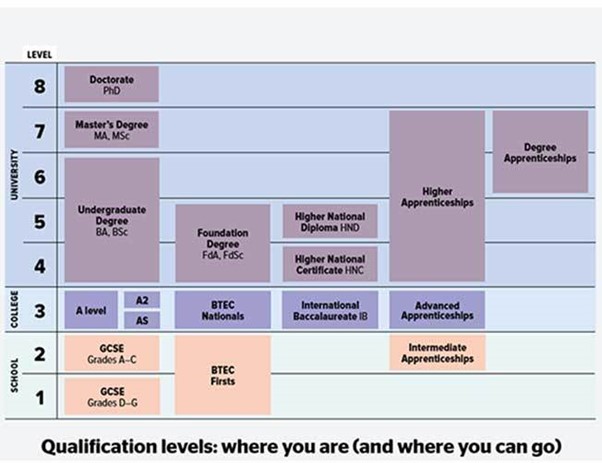
The differences:
A Levels
- Over 300,000 young people chose to do A Levels last year.
- You usually take 3 or 4 different A Level subjects [or can do one or two alongside an Applied General Qualification].
- A Levels are general and academic and are a good choice if you want to keep your career options open.
- Choose a subject you enjoyed at GCSE or pick up a new subject such as Law, Economics or Psychology.
- Some degrees and universities will only accept specific subjects and grades for entry to certain degree courses at university.
- A Levels do not suit everyone. They are usually assessed at the end of two years by final exams, so you need to be good at independent study, revision and exam technique .
T Levels – new!
The government has introduced a new qualification called T Levels. T Levels are Level 3 technical qualifications that relate to a vocational area. They are equivalent to 3 A Levels.
- New two year Level 3 qualifications – equivalent to 3 A levels
- Lead to a specific occupation and available in a whole range of different areas from Cyber Security to Wildlife Management.
- Designed by professional bodies, employers and universities so that they are relevant and up to date.
- Include at least 3 months work experience and opportunity to build transferable skills and knowledge related to the job area.
- Progress on to apprenticeships, jobs and university.
Applied General Qualifications
Over 200,000 young people chose to study a Level 3 vocational qualification last year.
These qualifications are known as Applied General Qualifications or known by the exam board they take e.g. BTEC or Cambridge Technical’s.
There are a wide range of Applied General Qualifications available, from animal care to performing arts and business to graphic design at lots of different levels.
These qualifications offer the underpinning knowledge of a subject, practical skills and relevant work experience. So these courses will suit you if you have an interest in a specific job area eg Health and Social Care.
These subjects can be taken alongside two A Levels at school or as one course equivalent to two or three A Levels at college.
Generally there are less exams and a range of different assessment methods are likely to be used – such as assignments, tests, observations of learner performance, role-play, work-based assessment, production of visual or audio materials and products. These courses tend to suit people who prefer coursework to exams.
Most student progress on to university to study a degree or go on to an apprenticeship after these qualifications.
If you are intending to study at university in the future it is worth checking if your vocational qualification will allow you to access the course that you are interested in studying, as some course have restrictions.
What are the differences between A levels and Vocational Qualifications?
Depending on your sixth form/ sixth form college you may have the choice to study A levels on their own or alongside Applied General Qualifications e.g BTECs. Further Education Colleges will offer Applied General Qualifications and also the new T Levels.
A Levels are academic and general qualifications and Applied General Qualifications are courses that are about a vocational area and more practical. T Levels are technical qualifications, equivalent to 3 A Levels that combine classroom study and work placements and train you to do a job.
They are:
- Equivalent to each other in terms of grading for example an A Level grade A is equivalent to a BTEC Distinction grade.
- You can gain UCAS tariff points and progress on to university study with either A Levels, Applied General Qualifications or T Levels.
Why choose a vocational route…
…to work?
Many students choose vocational qualifications on their own or a mix of both academic and vocational qualifications.
Vocational qualifications lead to a job or more study
Vocational qualifications are designed to lead to a job, an area of employment and/or further study. They can be an attractive option to help prepare you for the world of work and a particular job or job sector.
Vocational qualifications and apprenticeships are being developed across most professions for example; science, law, finance, media and IT.
Vocational qualifications can help you prepare for a very specific job or give you a broad overview of a job sector.
Types of vocational qualifications include:
- Technical Level Qualifications
- Applied General Qualifications
- Apprenticeships
These qualifications have been validated by employers and universities as good qualifications that will lead to jobs, apprenticeships and higher education opportunities.
What are the benefits?
Vocational qualifications are designed to meet the specific needs of employers and job sectors. This means that you will develop the skills and knowledge employers value, enabling you to become an effective employee and helping the organisation to succeed.
Studying for a vocational qualification can help you decide whether a particular job or job sector is right for you.
For more information speak to Mr Lynch and or explore unifrog.
…to university level study?
Although some university level courses specifically request A Levels there are lots of higher education courses, that will accept vocational qualifications too – especially if the higher education course is related to the Level 3 vocational qualification you have completed.
Applied General qualifications e.g BTECs have been recognised by many Higher Education Institutions as fulfilling entry requirements to a range of university courses either on their own or alongside other Level 3 qualifications.
So, if you know the job sector you want to work in – you can choose the vocational qualification route to a vocational degree at university and the career you are interested in.
How vocational courses prepare you for higher education.
Over half of students with vocational qualifications progress on to Higher Education after their course.
Level 3 vocational qualifications can provide you with a very effective preparation to progress to higher level study. The experience of studying a particular vocational area can also help you make up your mind about the type of work you can see yourself doing in the future.
Many people choosing a vocational route already know the job sector they want to work in and a vocational qualification can give a firm foundation for further study at a higher level as preparation for a future career.
In addition to your qualifications and skills, you may also have considerable relevant work experience and this will enable your application to stand out.
Next Steps
When you look at the entry requirements for a particular university course this can be shown in terms of the grades needed and/or the UCAS tariff points required.
You can find out what UCAS tariff points you will get for different qualifications.
If you have a degree subject in mind, you can check out the entry requirements required for different universities.
